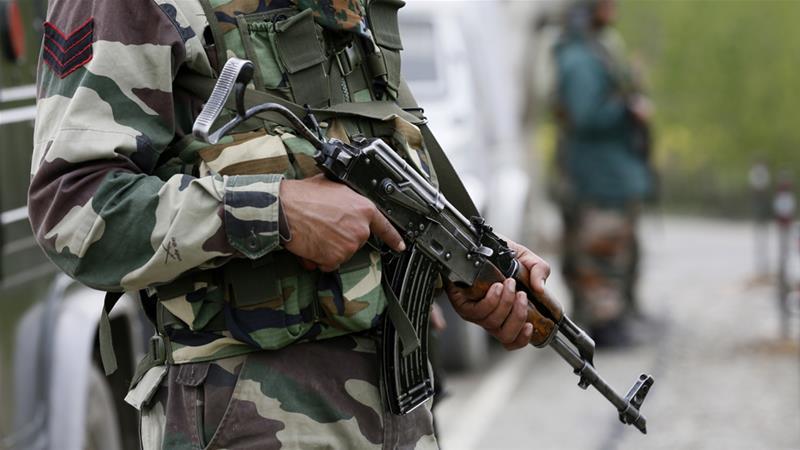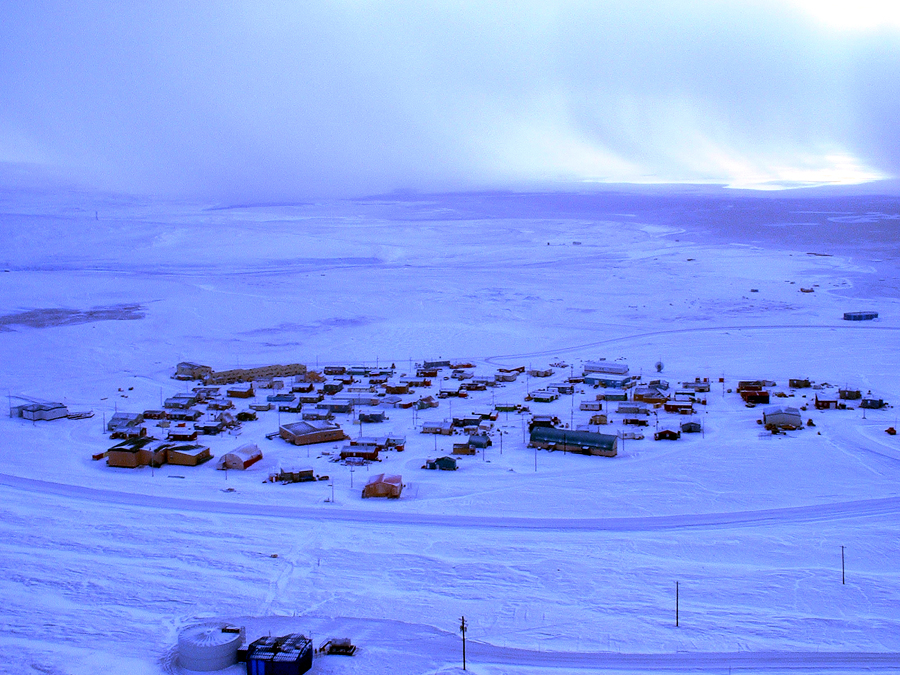On February 14th, a suicide bomber affiliated with the militant organization Jaish-e-Mohammed killed more than 40 Indian paramilitary personnel in the Pulwama district of Indian-administered Kashmir. Accusing Pakistan of facilitating the attack, India launched an airstrike on Tuesday, marking the first time that warplanes have crossed the de facto border between the two countries in decades. Pakistan has retaliated by shooting down two Indian fighter planes and circulating footage of a captured pilot, who is still in Pakistani custody.
Though Pakistani Prime Minister Imran Khan has expressed a willingness to settle the dispute through dialogue, the ratcheting up of tensions between these two nuclear-armed nations poses a serious threat to international peace and to the lives of millions who currently reside within the South Asian subcontinent.
While the world’s attention is focused on a potential full-scale war between India and Pakistan, heightened tensions in the region also risk exacerbating widespread human rights abuses within the Kashmir valley, a subject that has attracted less international attention.
Partition and the roots of the Kashmir crisis
With the British withdrawal from the Indian subcontinent in 1947, British India was split along religious lines into the two new postcolonial nation-states of India and Pakistan. This partition was arguably the bloodiest in history, with over a million people killed in communal riots and ten times that number displaced.
Areas directly administered by the British colonial state immediately became part of one of the two new nation-states, but the hundreds of so-called ‘princely states’ ruled indirectly through local royals were given the choice to choose accession to either country – or to neither. The majority quickly fell in line, incorporating into the new nations based on religious demographics, but the princely state of Kashmir held out.
A Muslim-majority state ruled by a Hindu Maharaja, Kashmir only acceded to India after an internal crisis led the ruler Hari Singh to seek out the help of the Indian Army. Although Kashmir’s accession to India was predicated on the promise of a future plebiscite in which the Kashmiri people could vote on whether to join India or Pakistan, the plebiscite was never held.
Since 1947, Kashmir has been a constant source of tension between India and Pakistan, sparking three wars between the two countries.
Human rights in the Kashmir valley
Understanding the internal dynamics within Indian-administered Kashmir is crucial. There have been periodic outbreaks of protest against Indian occupation since the late 1980s, but the scale of these protests has risen dramatically since 2016, when the 22-year-old leader of the Hizbul Mujahidin, Burhan Wani, was killed by Indian security forces. This death sparked massive protests drawing on a deep pool of young, middle-class Kashmiris. Indian security forces have responded with a severe crackdown from 2016 onwards.
According to the UN’s first ever detailed report on human rights abuses in Kashmir, the Indian Army and paramilitary forces have conducted widespread human rights abuses against the Kashmiri population, including torture, disappearances, sexual assault, and extrajudicial killings. An increased use of pellet guns as a tactic to deter to deter protesters – whether violent or non-violent – injured 6,221 people during the period from 2016 and March of 2017, blinding many. Pellet guns continue to be used indiscriminately against Kashmiri protesters.
Under the Armed Forces (Jammu and Kashmir) Special Powers Act, a direct legacy of draconian colonial legislation, Indian troops in Kashmir have ‘created structures that obstruct the normal course of law, impede accountability and jeopardize the right to remedy for victims of human rights abuses’, according to the UN report.
The prevalence of human rights abuses and the heavy-handed nature of Indian administration in Kashmir have fueled the rise of militant organizations, many supported by neighbouring Pakistan. These organizations are responsible for numerous atrocities of their own, including the rape, kidnapping, and murder of countless civilians suspected of aiding or collaborating with Indian security forces. These militant groups have also staged multiple attacks against Indian military and paramilitary forces, with the recent February 14th suicide bombing marking the bloodiest attack in decades.
Implications of the current crisis
As with so many things in life, timing here is critical. There is no doubt that the killing of more than 40 paramilitary troops by Pakistan-based militants would have triggered a bellicose response from India regardless of when it occurred. But with a general election around the corner and sliding popularity for Narendra Modi’s BJP government, an attack of this scale was guaranteed to trigger an even stronger response than usual.
While Hindu nationalist rhetoric and a consciously-cultivated strongman image have been essential components in Modi’s appeal, his 2014 electoral landslide was generally attributed more to promises of economic development based on the so-called Gujarat model than on simple religious chauvinism. Now, Modi faces criticism over the long-term economic consequences of his ill-fated demonetization strategy from 2016 and an overall failure to generate new jobs. Recent losses in key state elections such as Rajasthan, Madhya Pradesh, and Chhattisgarh further illustrates the point that Modi’s government needs a win if it is to begin rebuilding momentum ahead of the general election this spring.
For a leader who regularly refers to the size of his own chest, a strong and unequivocal stance against a widely-reviled geopolitical rival seems like a safe strategy for shoring up electoral support. But the strategy is highly risky. While exchanges of fire and tough posturing along the Line of Control (LoC) that divides India from Pakistan have become a regular feature of Indo-Pakistani relations, India’s decision to launch so-called surgical strikes within Pakistani territory and Pakistan’s retaliatory downing of two Indian aircraft have brought these countries closer to war than they have been since the short-lived Kargil conflict of 1999.
In conventional means, India has a significant advantage over Pakistan. While Pakistan spends a greater proportion of its GDP on defence, India still spends over five times as much in real dollars. Given the size of India’s population, this also translates into a huge manpower advantage, with more than two million active duty personnel in the Indian Armed Forces compared to under 700,000 in the Pakistani army.
Still, the possession of nuclear weapons by both countries, as well as massive Chinese investment in Pakistan as a strategic ally, complicates this picture and provides a strong disincentive for India in allowing the situation to escalate too far.
Nonetheless, history has shown that military escalation can acquire a momentum of its own and if Modi and Khan are not careful, the situation could indeed spiral beyond the control of either.




